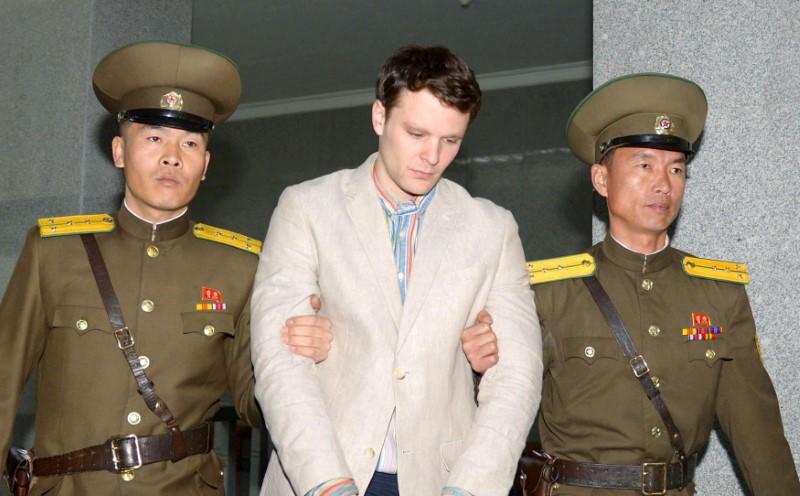Prior to the recent 2019 Vietnam Summit and the historic 2018 Singapore Summit concerning denuclearization on the Korean peninsula, held between North Korea’s Kim Jong-Un and President Donald Trump, a maximum pressure campaign took place in 2017, accompanied by the rhetoric of “fire and fury” that ultimately resulted in the easing of tensions.
Throughout those tense times, the abuses in human rights by the North Korean regime were openly on display with the case of the detention and death of an American citizen by name of Otto Warmbier. As a University of Virginia student on a trip to Pyongyang in 2016, he was imprisoned and sentenced to 15 years of hard labor for a “hostile act against the state,” according to North Korea. The actual alleged crime was that he tried to steal a propaganda poster from his hotel. During his detention, Warmbier fell into a coma due to unknown reasons and remained in that condition for 17 months, passing away a week after his return to the United States in June 2017.




